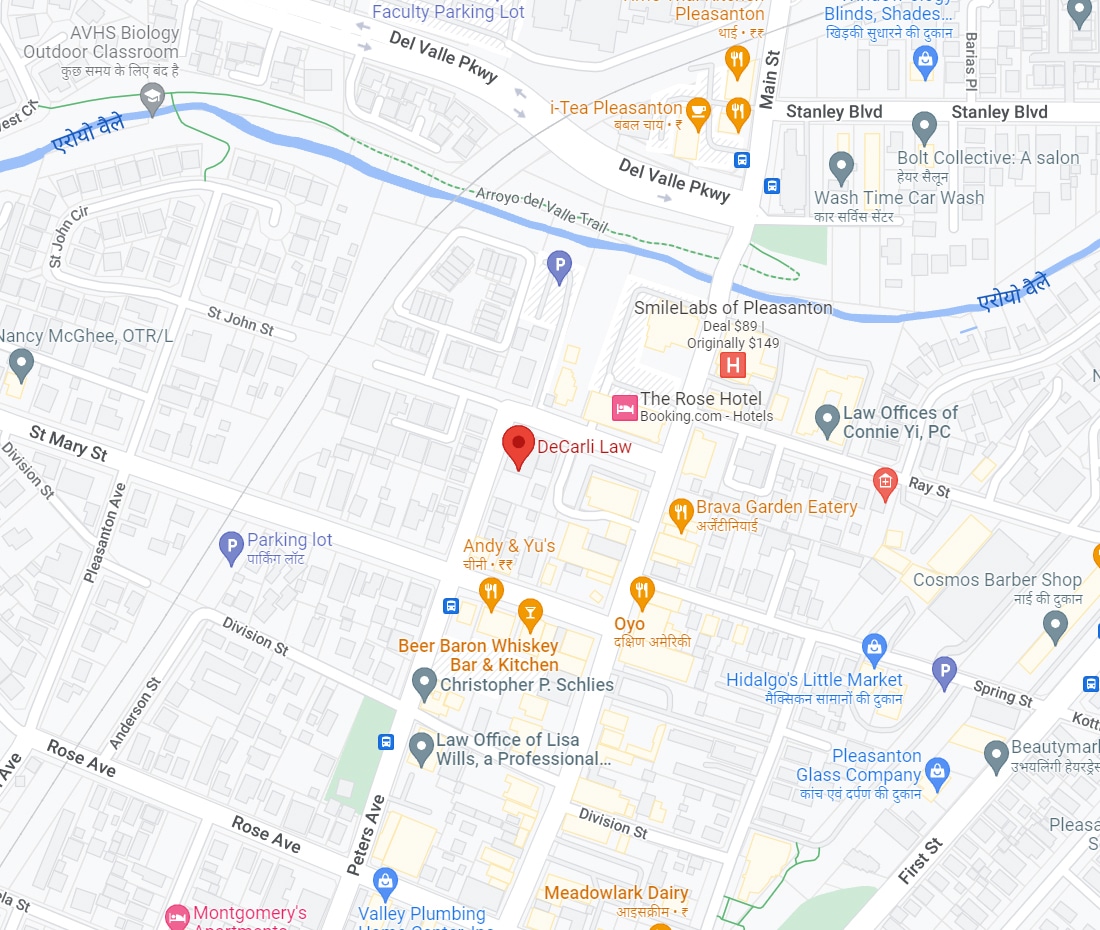FREQUENTLY ASKED QUESTIONS ABOUT CALIFORNIA ESTATE PLANNING LAW
Can I do my estate plan without meeting in person?
I’m worried about COVID-19 (coronavirus). Can I meet with an estate planning attorney by video or telephone?
Why Do I Need a Will, Trust or Estate Plan?
Having a carefully structured estate plan, can help protect your estate from unnecessary estate taxes. It can also avoid having your estate go through probate after your death. In California, any estate with more than $150,000 in assets is required to go through the probate process, which is a public process through which the probate court oversees administration and distribution of estates. A good estate plan can structure your estate to avoid probate completely. The details about your estate are kept private, and the probate court does not become involved in distribution of your estate. Avoiding probate saves on expenses and time. Your heirs will be able to receive their distributions from the estate more quickly, and there will be more assets to distribute because of the tax and expense savings.
A good estate plan also includes documents like durable powers of attorney and advance healthcare directives, which designate the individual or institution that will take care of you and your finances in the event you become incapacitated during your lifetime.
Why can’t I just use a form from the internet or do-it-yourself software?
What is a living trust?
If I have a will, do I need a living trust?
What are the powers of a trustee in administering a trust?
- Loyalty: the trust must be managed solely for the interests of the beneficiaries
- Safeguarding trust property: the trustee must protect the trust property
- Avoiding commingling: trust assets must be kept separate from the trustee’s own property and from other property
- Dealing impartially with beneficiaries
In a living trust, the grantor (creator) of the trust normally names himself or herself as trustee during his or her lifetime. The document creating the living trust also names a successor trustee to take over those responsibilities at the grantor’s death.
I have children from a previous marriage. How does that affect my estate planning?
What is a living will?
Who will make decisions for me if I am in a coma or incapacitated?
What is probate, and why do I want to avoid it?
How does the probate process work in California?
Once appointed, the personal representative collects all the assets and property of the estate, pays all debts and expenses, and after court approval, distributes the rest of the estate to the beneficiaries. If there are disputes or disagreements among the beneficiaries or with the personal representative along the way, they will be resolved by the probate court.
Probate is required for estates over $150,000 in California. More streamlined procedures are available for smaller estates.
What is community property and what happens to it when you die?
A person who owns community property can transfer his or her share (1/2) of the property to a beneficiary through a will. The surviving spouse or partner still owns the other half. If the partner or spouse dies intestate (without a will), the deceased spouse’s or partner’s half of the community property will pass to the surviving spouse or partner.
What is separate property for purposes of a will?
- Property owned or acquired before the marriage or domestic partnership
Inheritances - Gifts
- Property acquired from a trust
- Property that is separate by agreement of the spouses or domestic partners
- Property acquired with the proceeds of separate property that is not intended for use or benefit of both spouses / partners
- Property acquired after the parties separate
Can my partner inherit from me if we are not married?
If you do not do any estate planning, California’s intestacy statute will determine who will receive your money and property, as well as the amount each legal heir will receive. Generally, your money and property will go first to your surviving spouse (if you are married), then to your descendants (children or grandchildren), your parents, your siblings, and your siblings’ children, in that order, depending on who survives you. If the state law governs your estate plan, your partner will receive nothing because the state law does not include unmarried partners in their plan.
Need to know more?
https://calendly.com/decarlilaw/initial-consultation




